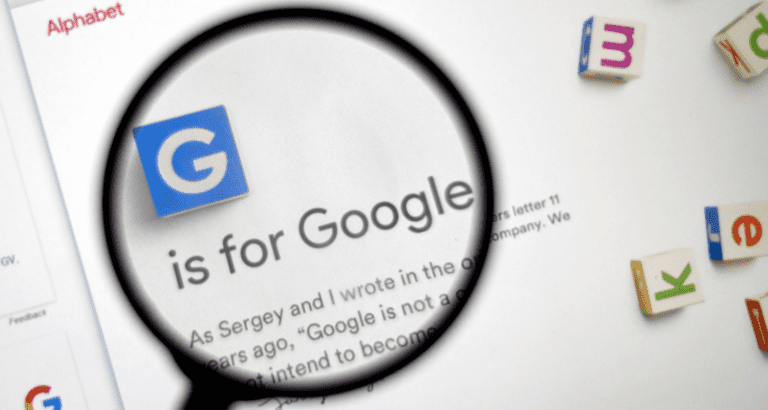Google has an unfair market advantage in behavioural advertising, according to the German competition authority.
This week Germany’s antitrust regulator, the Bundeskartellamt (Federal Cartel Office) announced that it had published the final report on its sector inquiry into non-search online advertising. Also known as “programmatic advertising”, this sector deals with advertising systems that are based on ad exchanges. This is an alternative to advertising networks.
In a programmatic environment, online advertising is highly automated and technically very complex. This allows the exchanges “to offer every single advertising space on any given website or smartphone app to a theoretically worldwide customer base within fractions of a second and to auction such space to the highest bidder”, the FCO explains. The automated systems also make it theoretically possible “to assess the adverts displayed and to measure any success in the form of users’ responses”, the agency adds.
Many are unable to assess their ad’s effectiveness
Programmatic non-search advertising is made possible by an entire network of various “ad tech” services. These facilitate the smooth function of the ad exchanges.
However, the FCO’s sector inquiry found that the functioning of those exchanges is not sufficiently transparent. “Numerous market players have complained that it is not possible to observe and assess the extent to which their adverts are successful because they do not obtain any information on the effectiveness of their advertising measures”, according to the regulator.
Google’s market strength makes it a target
The one market player that is not plagued by this lack of transparency is Alphabet, observes the FCO. Google’s massive parent company is “present at almost all levels of the value chain of non-search online advertising and has an extraordinarily strong market position with regard to practically all relevant [ad tech] services”, according to the report.
This unique position Alphabet enjoys may well make it a target for the German antitrust watchdog. Andreas Mundt, President of the FCO, implied that companies like Google and Apple may find themselves under increased scrutiny. This is down to the fact that the agency is delving deeper into the workings of online advertising.
“There will be a particular focus on the large digital companies which play a key role in the online advertising sector”, Mundt writes. “Among other aspects, we are currently examining whether Apple’s App Tracking Transparency initiative and Alphabet’s data combination practices are compatible with the rules of extended abuse control pursuant to Section 19a of the German Competition Act (GWB)
.”
